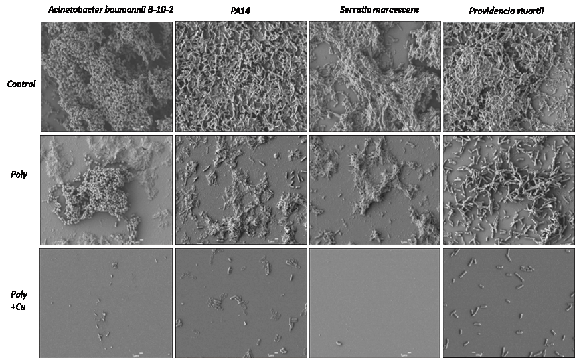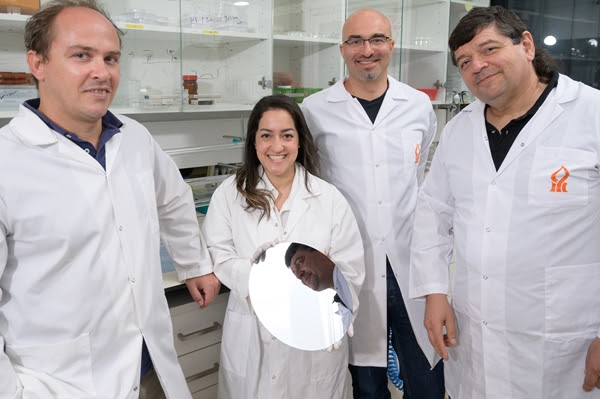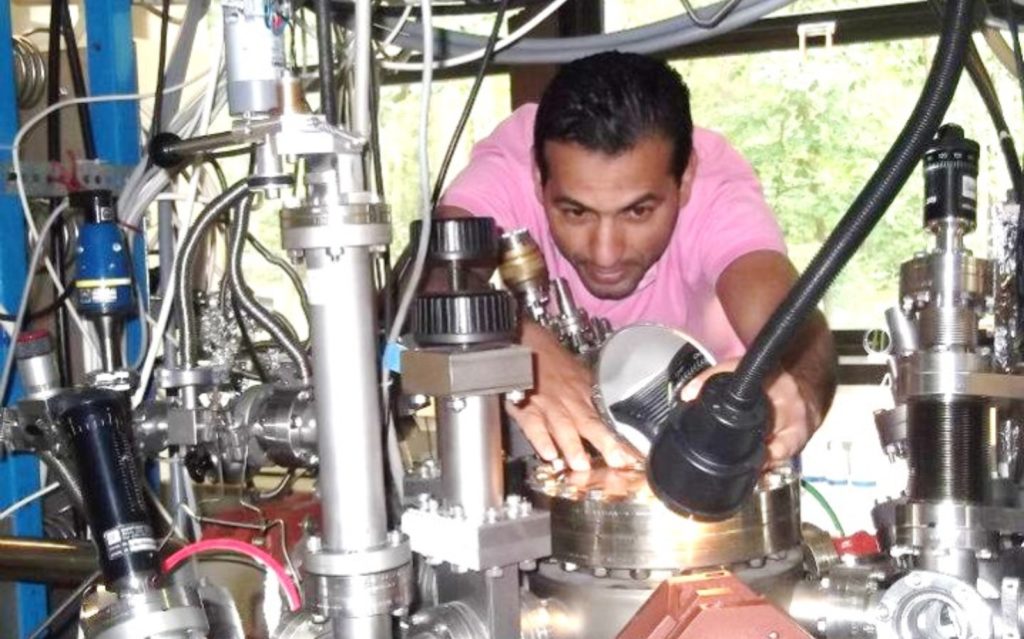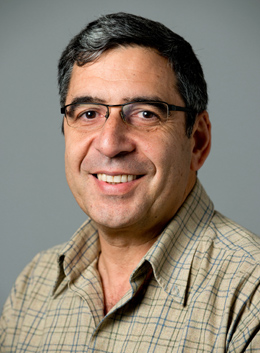
New Biomaterial Impedes Bacteria on Metal Surfaces
New Biomaterial Impedes Bacteria on Metal Surfaces
April 25, 2016
Nanotechnology, Press Releases
Researchers at Ben-Gurion University of the Negev (BGU) have developed an innovative anti-biofilm coating, which has significant anti-adhesive potential for a variety of medical and industrial applications.
According to the research published in Advanced Materials Interfaces, anti-adhesive patches that are developed from naturally occurring biomaterials can prevent destructive bacterial biofilm from forming on metal surfaces when they are immersed in water and other damp environments.
“Our solution addresses a pervasive need to design environmentally friendly materials to impede dangerous surface bacteria growth,” the BGU researchers from the Avram and Stella Goldstein-Goren Department of Biotechnology Engineering explain. “This holds tremendous potential for averting biofilm formed by surface-anchored bacteria and could have a tremendous impact.”

Above: SEM micrographs of A. baumannii, P. aeruginosa (PA14), S. marcescens and P.stuartii biofilm architectures. The untreated control surface shows intricate bacteria densely embedded in the matrix. Biofilms were grown statically on the different surfaces.
The anti-adhesive could be used on medical implants, devices and surgical equipment where bacteria can contribute to chronic diseases, resist antibiotic treatment and thereby compromise the body’s defense system. The prevention of aquatic biofouling on ships and bridges is one of the industrial applications.
The BGU researchers who participated in the study from the Avram and Stella Goldstein-Goren Department of Biotechnology Engineering are Dr. Karina Goldberg, Prof. Noa Emuna, Prof. Dorit van Moppes, Prof. T. P. Vinod, Prof. Robert Marks, Prof. Ariel Kushmaro, and Prof. Shoshana Malis Arad. Profs. Marks and Kushmaro are members of BGU’s Ilse Katz Institute for Nanoscale Science and Technology and the National Institute for Biotechnology in the Negev, and are also visiting researchers at the School of Materials Science and Engineering, Nanyang Technological University in Singapore.
This work was supported by the Singapore National Research Foundation under the CREATE program: Nanomaterials for Energy and Water Management; a Levi Eshkol scholarship from the Israeli Ministry of Science and Technology, and by a Shimona Geresh award.
K. Golberg, N. Emuna, T. P. Vinod, D. van Moppes, R. S. Marks, S. M. Arad and A. Kushmaro*. 2016. Novel Anti-Adhesive Biomaterial Patches: Preventing Biofilm Using Metal Complex Films (MCF) Derived from a Microalgal Polysaccharide. Advanced Materials Interfaces (2016-03). DOI: 10.1002/admi.201500486
ABOUT AMERICANS FOR BEN-GURION UNIVERSITY
By supporting a world-class academic institution that not only nurtures the Negev, but also shares its expertise locally and globally, Americans for Ben-Gurion University engages a community of Americans who are committed to improving the world. David Ben-Gurion envisioned that Israel’s future would be forged in the Negev. The cutting-edge research carried out at Ben-Gurion University drives that vision by sustaining a desert Silicon Valley, with the “Stanford of the Negev” at its center. The Americans for Ben-Gurion University movement supports a 21st century unifying vision for Israel by rallying around BGU’s remarkable work and role as an apolitical beacon of light in the Negev desert.
About Ben-Gurion University of the Negev
Ben-Gurion University of the Negev embraces the endless potential we have as individuals and as a commonality to adapt and to thrive in changing environments. Inspired by our location in the desert, we aim to discover, to create, and to develop solutions to dynamic challenges, to pose questions that have yet to be asked, and to push beyond the boundaries of the commonly accepted and possible.
We are proud to be a central force for inclusion, diversity and innovation in Israel, and we strive to extend the Negev’s potential and our entrepreneurial spirit throughout the world. For example, the multi-disciplinary School for Sustainability and Climate Change at BGU leverages over 50 years of expertise on living and thriving in the desert into scalable solutions for people everywhere.
BGU at a glance:
20,000 students | 800 senior faculty | 3 campuses | 6 faculties: humanities & social sciences, health sciences, engineering sciences, natural sciences, business & management, and desert research.
For all press inquiries, please contact:
James Fattal, J Cubed Communications
516.289.1496



